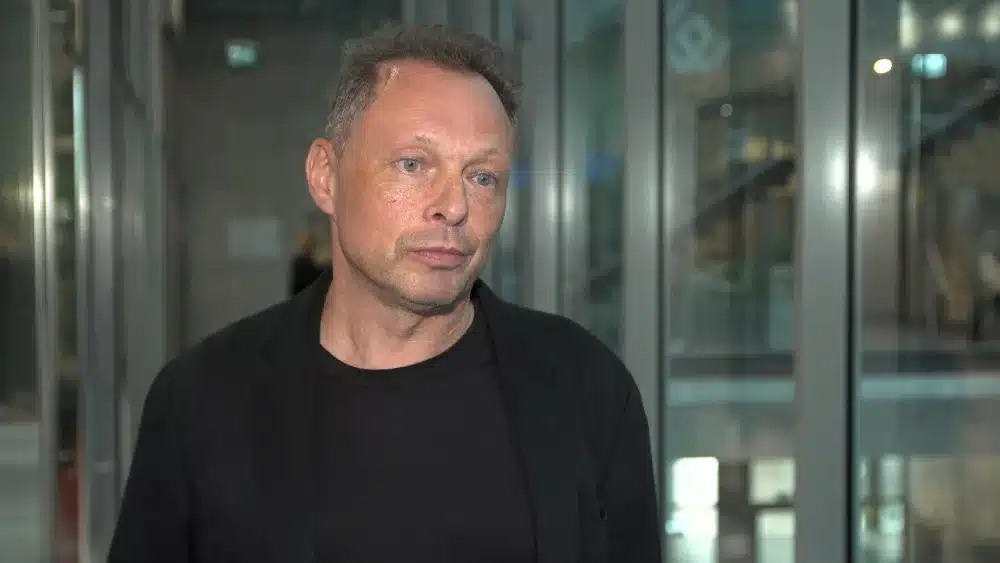Underinvestment in Polish science, a lack of knowledge clusters, and restricted access to grants and other forms of financing – these are the obstacles in the development of Polish biotechnology, which still has significant scientific potential. A potential opportunity for Polish companies in the biotech sector, unable to compete financially with international pharmaceutical giants, is drug repositioning, research, development, and promoting the image of Poland as a country conducive to conducting clinical trials.
“Polish biotechnology companies have substantial growth potential. Poland will never be a market that hosts Roche or Eli Lilly, it won’t produce drugs, but it is a fascinating, albeit peripheral R&D and early clinical trial market,” says Dr. Adam Kruszewski, CEO of Orphinic Scientific, to the Newseria Business news agency. “I think that in the next few years, even two or three, we can expect several successful exits, which are the result of the hard work of many Polish biotech companies over the last five to seven years and are now reaching a position to discuss partnerships and exits.”
Biotechnology plays an increasingly significant role in the development of medicine, agriculture, waste utilization, and achieving sustainable development goals. It is also key in European industrial development policy. The biotech market in Poland is worth over PLN 2 billion, comprising over 200 companies and employing several thousand workers. As Adam Kruszewski points out, the potential of individual companies depends on many factors, including its management and scientific staff, but largely on access to funds, or investors – which is greatly lacking.
“Polish science is still underfunded, and there is no knowledge cluster, therefore the best scientists are being bought by America and Western Europe, making their mark at Harvard or Stanford, which later reflects in fewer ideas being generated in Poland,” explains the Orphinic Scientific CEO. “Being a peripheral market in which America and Western Europe don’t necessarily have faith, access to funding is a serious barrier to the development of this sector.”
He also explains that there are many niches as prospective in terms of risk-adjusted return on investment since the discovery of new drugs is an expensive and long-term process, the discovery of new molecules may take a decade. An alternative approach is to reanalyze the biological activity of existing market drugs and chemicals eliminated during clinical trials, known as drug repositioning. The former strategy is riskier, but if successful, the return on investment is enormous. In the latter case, the profit is smaller but faster and more likely.
“We should attract minds from the West to conduct clinical research in Poland and Central and Eastern Europe. We are a very good market for conducting clinical trials because we have a highly motivated research team, we have good CRO companies [Contract Research Organization, an external company conducting a clinical trial on behalf of the sponsor] and we have access to patients because health care expenditures in Poland and Central and Eastern Europe are ten times less than in the United States, resulting in a much greater willingness of patients to participate in clinical trials than in the US,” explains Adam Kruszewski. “To stimulate the clinical research segment, a discussion with an intelligent regulator is needed, solutions that would help us, companies without such financial backing, to finance these studies.”
Orphinic Scientific is a biopharmaceutical company inventing new therapies, relying on the experience of physicians and scientists, as well as AI technology. It is currently developing several innovative drugs in the clinical trial phase, with a business model assuming their sale at the commercialization readiness stage.
“Orphinic Scientific is a knowledge company. We provide creators with joint development of a clinical trial protocol, ensuring its proper implementation, because well-established theses and subsequently well-conducted clinical trials are a prerequisite for selling the data. Besides, we provide money for conducting the investigation,” explains the company’s CEO.
